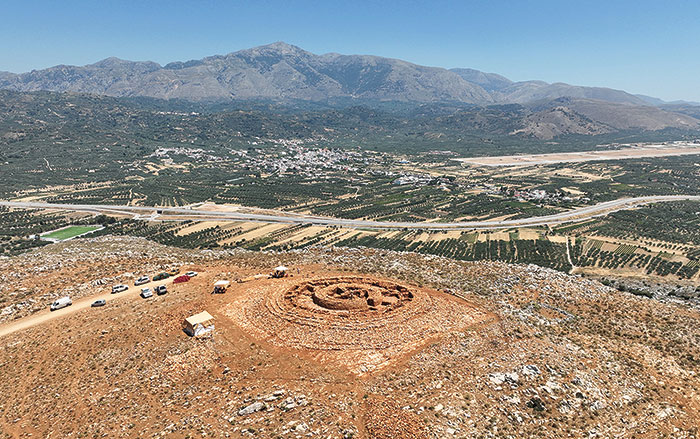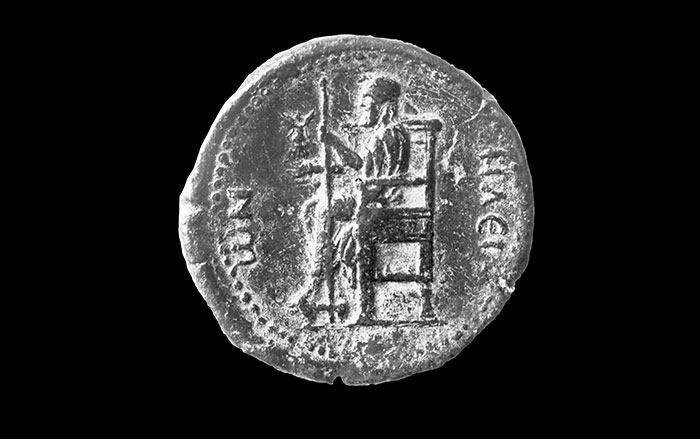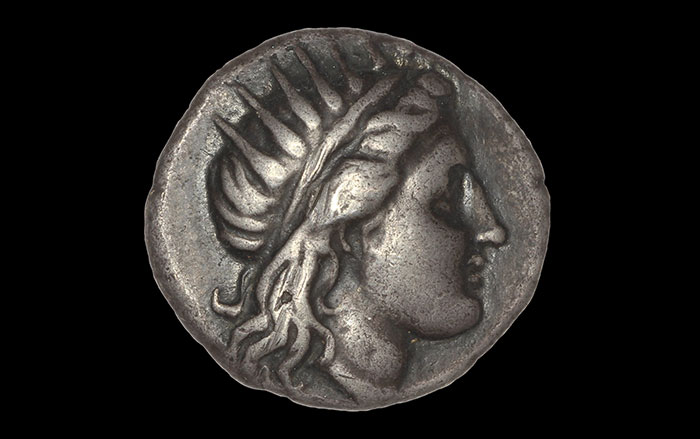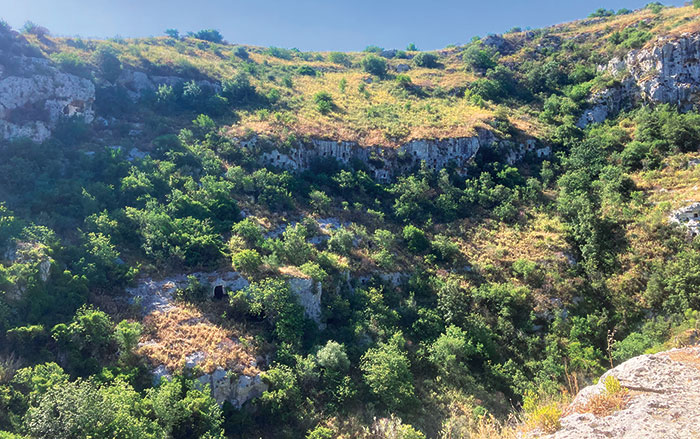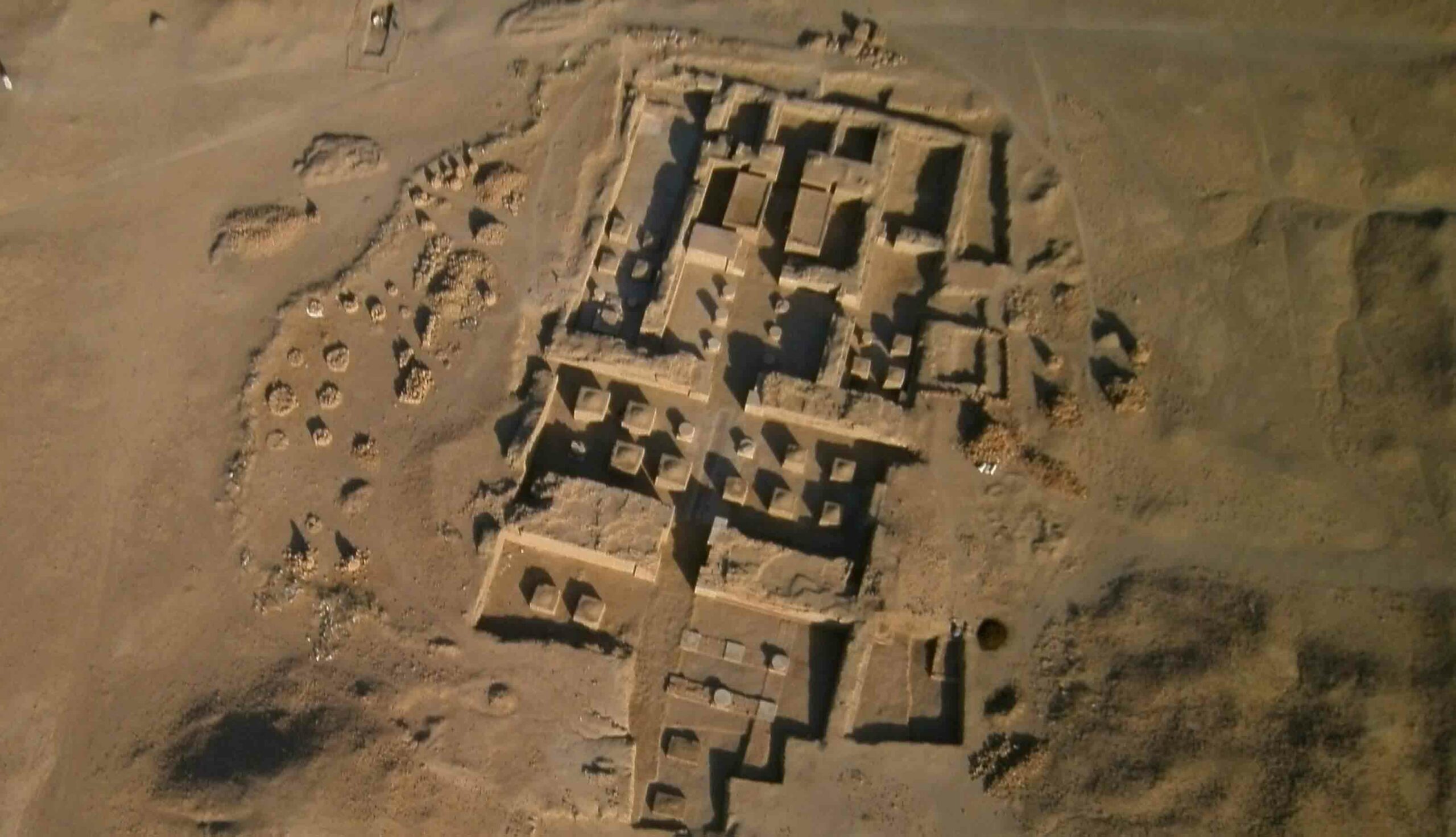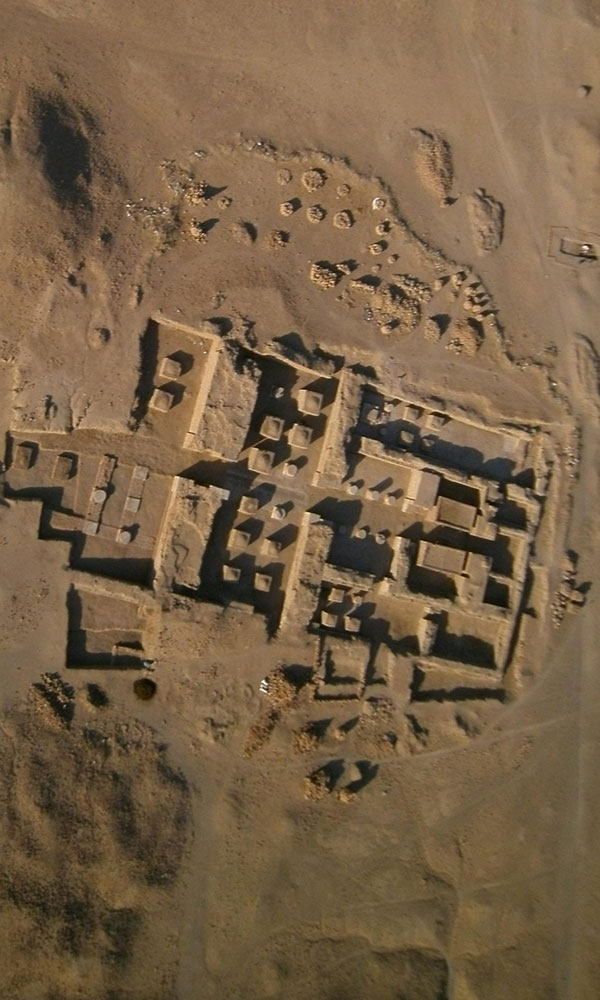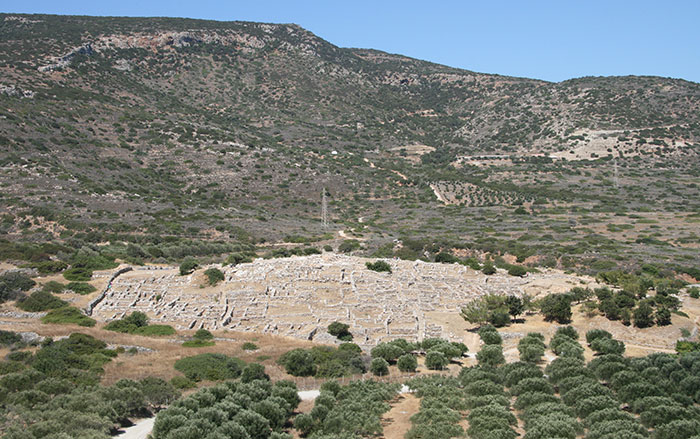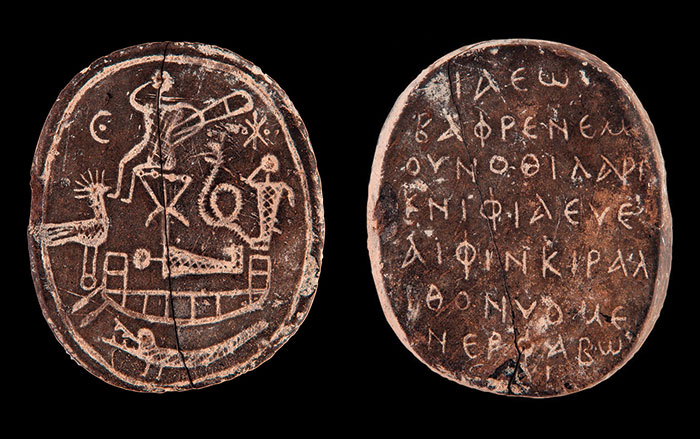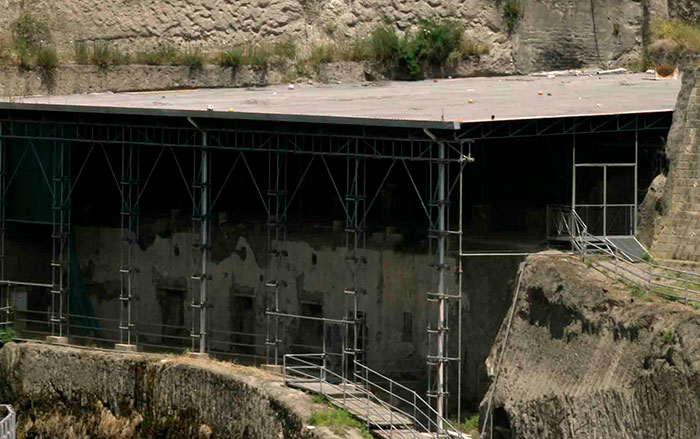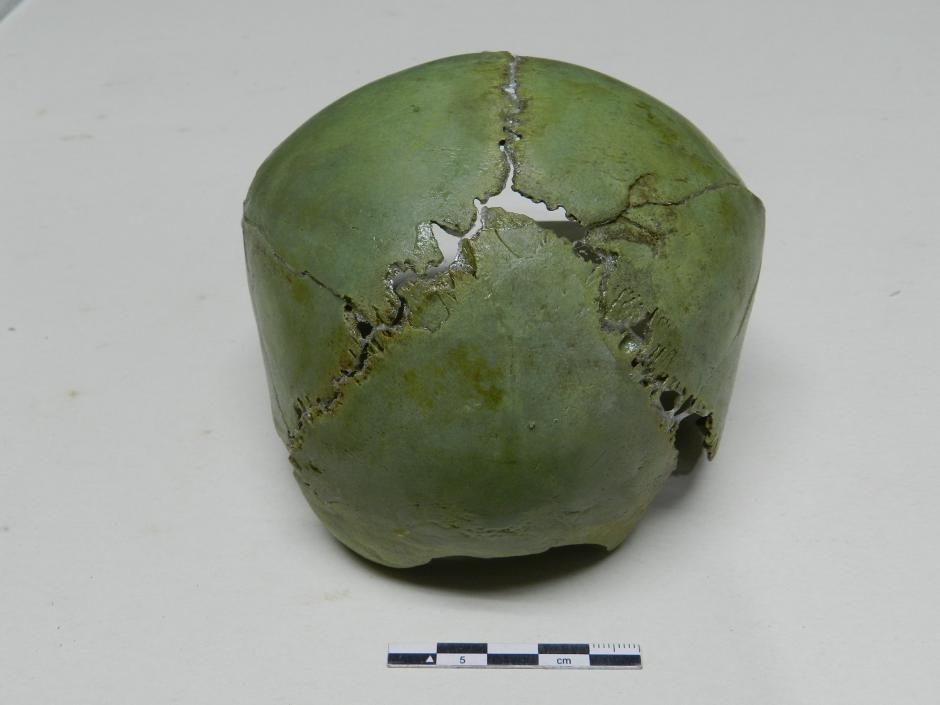
WATERLOO, CANADA—Newsweek reports that the remains of hundreds of dogs and human infants that were discovered in a well in the Athenian agora in the 1930s have been examined by biological anthropologist Maria Liston of the University of Waterloo and her team, who determined that all but three of the 450 infants were less than a week old at the time of death, and as many as one third of the babies died of bacterial meningitis, a disease that can be transmitted by cutting the umbilical cord with an unsterile object. The rest of the babies are likely to have died from other natural causes that did not leave marks on the bones. Archaeologist Susan Rotroff of Washington University in St. Louis dated the deposits to between 165 and 50 B.C., a time when babies in Greece and Rome may not have been considered to be full individuals until they were named in a ceremony conducted a week to ten days after birth. Babies who died before the ceremony may have ended up in a well. Zooarchaeologist Lynn Snyder adds that the dogs may have been killed as sacrifices. There are no signs of fatal trauma on their bones, but some of them have healed fractures. To read about another mass grave in Athens, go to "Plague Victims Found."


